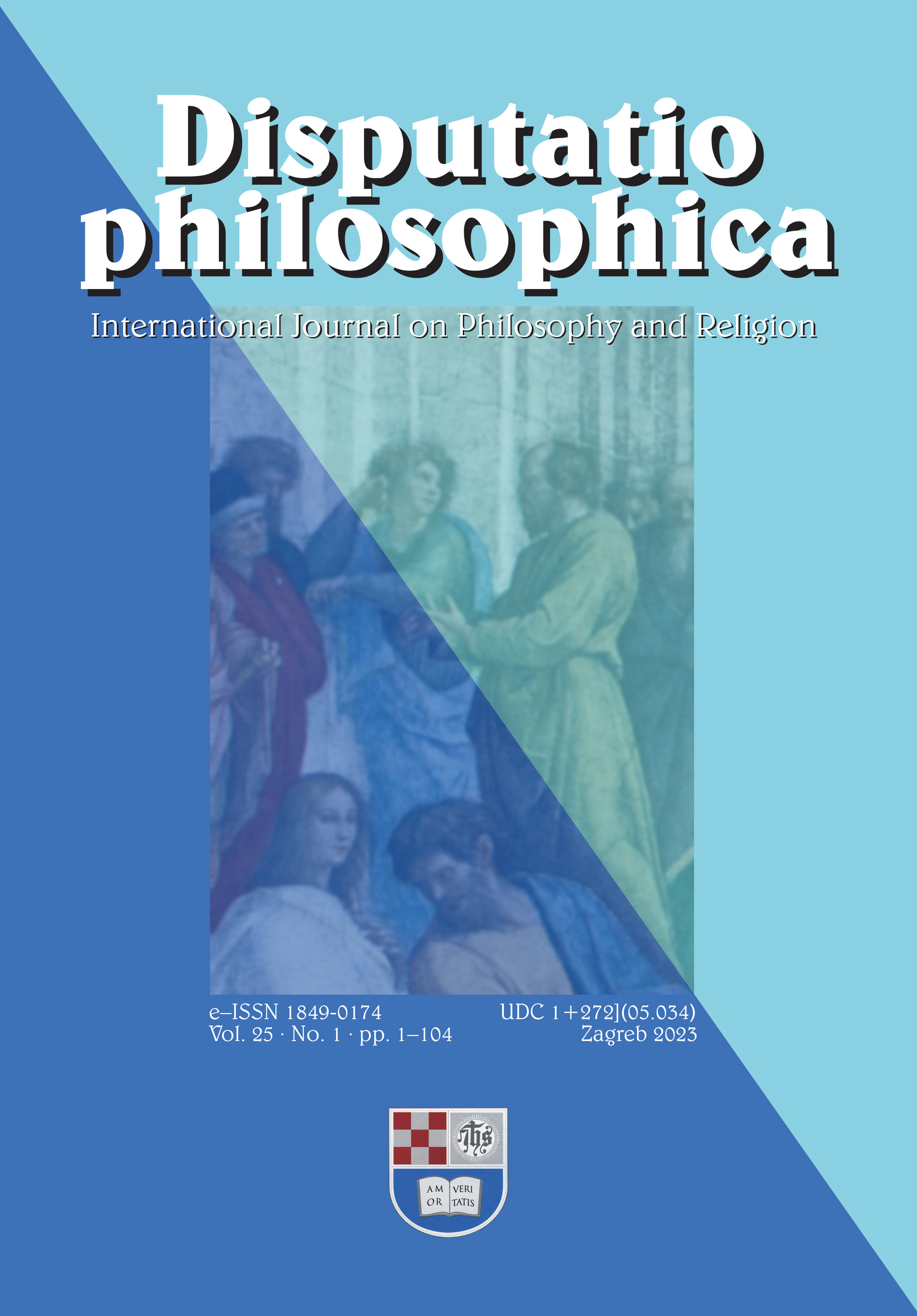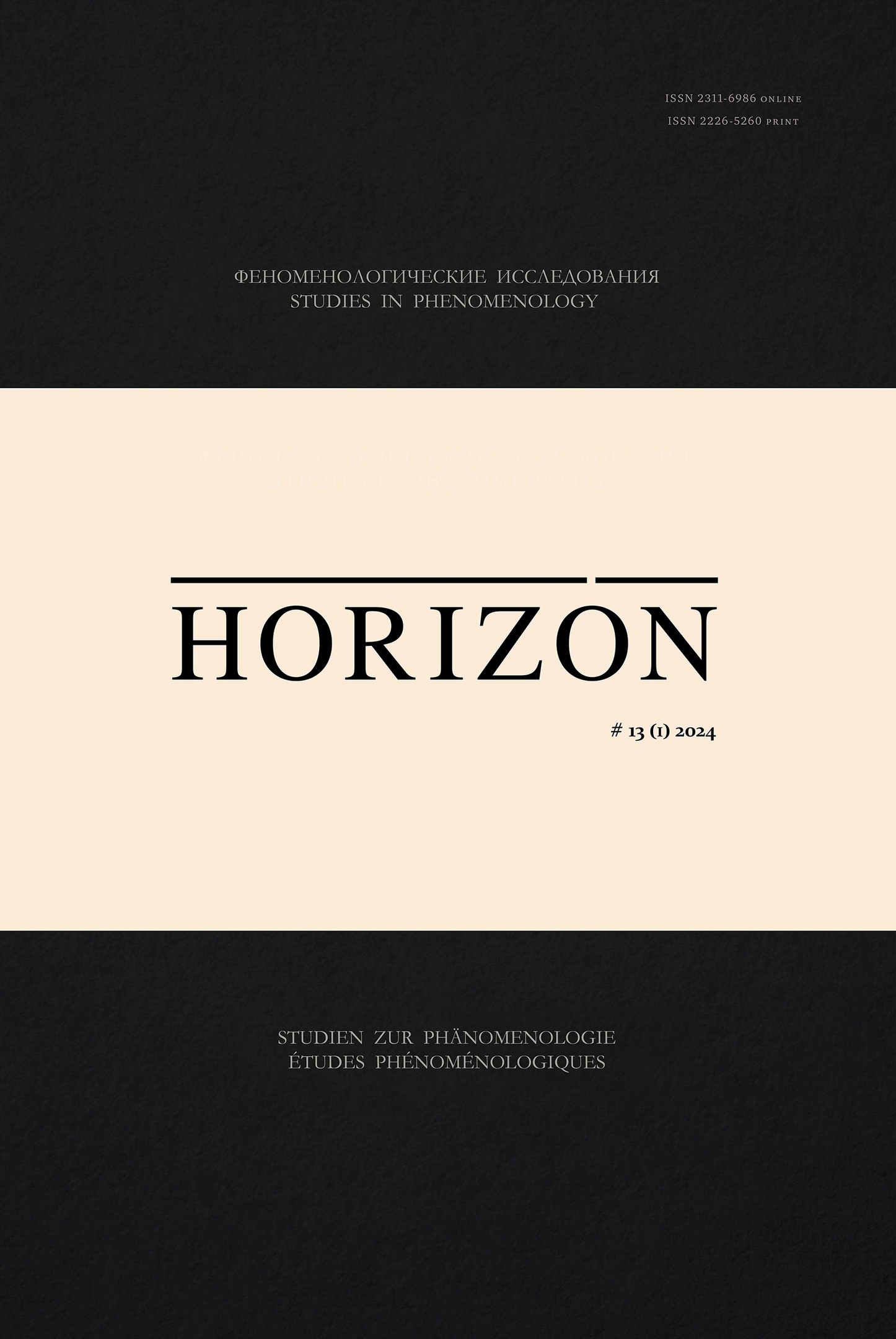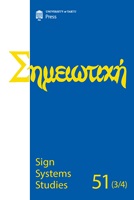RAZLIKA IZMEĐU VERIFIKACIONISTIČKOG I FALSIFIKACIONISTIČKOG KRITERIJUMA DEMARKACIJE
This paper illustrates the difference between falsificationistic and verificationistic principles of demarcation. Popper claimed that the falsificationistic criterion of demarcation is better than the verificationistic one. Therefore, he believed that his criterion should be more relevant when distinguishing scientific from nonscientific theories. Popper gave Freudian psychoanalysis as an example of a doctrine that would satisfy verificationistic, but not the falsificationistic criterion of demarcation. The aim of this paper is to thoroughly examine in which way both of demarcation criteria would treat psychoanalysis and to check if Popper’s criterion of demarcation is truly better than the verificationistic one.
More...



